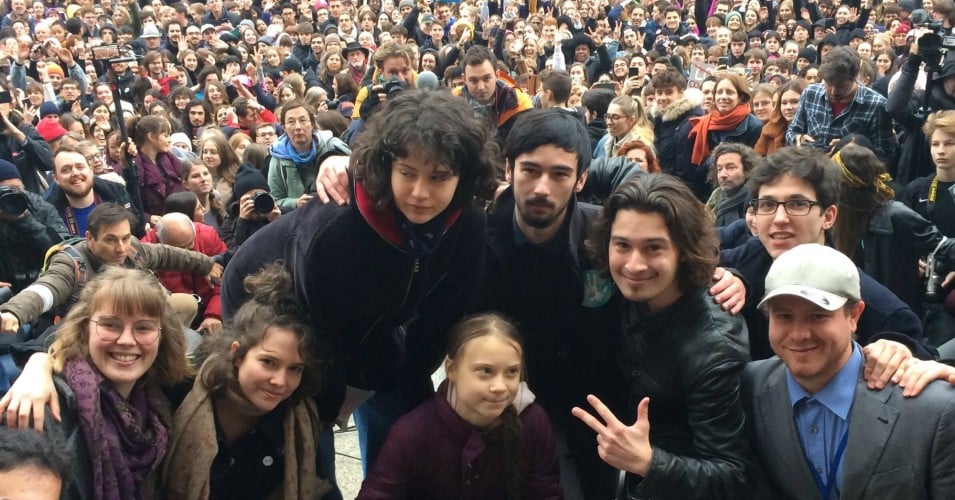
Biogas benefits from Davos reality check
This year’s annual meeting of the World Economic Forum will call on corporations to raise their ambitions for climate action under the theme Stakeholders for a Cohesive and Sustainable World.
The meeting’s 50th edition, which opens tomorrow (January 21) and runs for four days in Davos-Klosters, will bring together over 3,000 participants from 117 countries.
As the global elite turn up in their thousands, often by private plane and limo, to be fed on the finest foods in the most fabulous chalets, it is easy to be cynical about the event.
Since 2017, despite the Paris Agreement of 2015, the world spent $5.2 trillion subsidising fossil fuels, according to the International Monetary Fund.
However, in recent years the organisers are aware that the whole event looks somewhat removed from reality. To that end, they are seeking to make the gathering carbon neutral, through off-setting. Biogas is one of the beneficiaries.
Biogas for Greener Farms
To offset the 2020 Annual Meeting, the Forum has decided to continue supporting two key projects. The first, the community led Jacundá project, protects 95,000 hectares of native forest in the ‘Amazonian Arc of Deforestation’ and sustainably produces rubber, açai and brazil nuts.
The second project is Biogas for Greener Farms. This is a micro-AD focused project, established to revolutionise manure management practices in Switzerland, where dairy farming predominates.
At launch, there were no rules in the country about how to handle the manure, resulting in large quantities of harmful greenhouse gases such as methane, carbon dioxide and nitrous oxide being released into the atmosphere.
However, the cost of adopting AD was too high for individual farms. Under the Biogas for Greener Farms initiative carbon finance has been leveraged to scale up the initiative. The programme is delivered by South Pole, a Swiss based provider of global sustainability financing solutions and services that has delivered over 700 projects worldwide.
Now 11 projects are actively engaged in the programme, mitigating over 8,500 tonnes of CO2 equivalent annually.
How to Save The Planet
In terms of wider energy commitments, it is probably advisable not to expect too much, despite the presence of Greta Thunberg. Writing in the UK Guardian newspaper on January 10, the climate activist indicated she would be calling for the immediate cessation to investment in and subsidies for the fossil fuel industry.
“We demand that at this year’s Forum, participants from all companies, banks, institutions and governments immediately halt all investments in fossil fuel exploration and extraction, immediately end all fossil fuel subsidies and immediately and completely divest from fossil fuels,” wrote Thunberg. “We don’t want these things done by 2050, 2030 or even 2021, we want this done now – as in right now,” they wrote.
Energy policy is included under the theme How To Save The Planet at the Davos gathering. Despite admitting it’s easy to feel downhearted its take is ultimately upbeat. “The Earth is getting hotter, the ice is melting, the oceans are rising, and they’re filling up with plastic. We’re losing species, building up greenhouse gases, and running out of time. It’s easy to feel downhearted. And yet there are so many reasons to be cheerful: the watchword is ‘sustainable’ and it’s being applied to every area of human activity — energy, food, clothing, travel, cities — you name it. But even if everything was 100 percent sustainable there’d still be work to do to repair the damage we’ve done. Where to start?”

